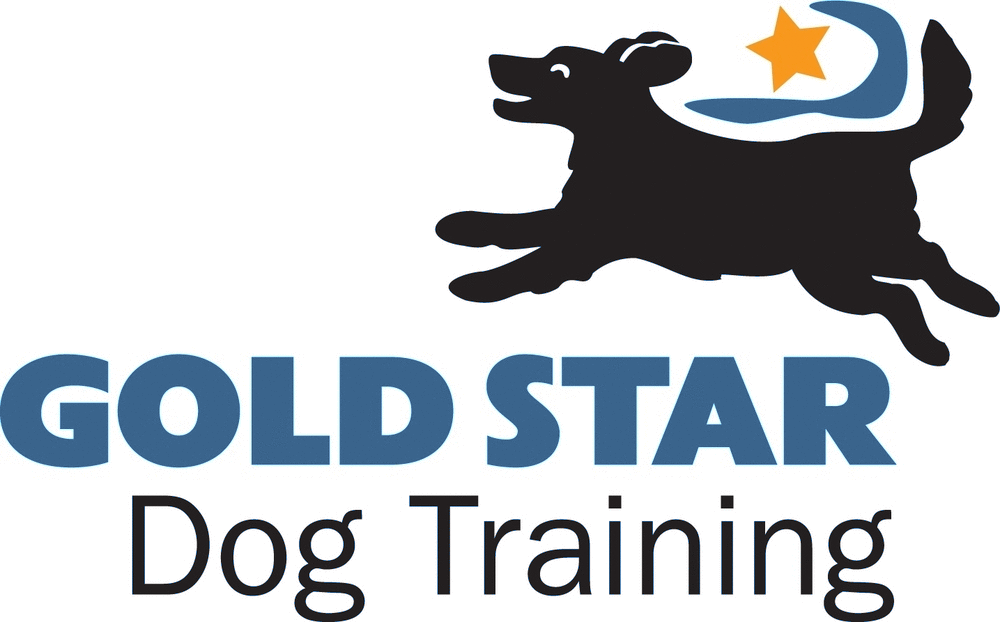I was between appointments at the oncology department, trying to be productive in the quiet of the Healing Garden—an oddly serene spot nestled next to the treatment rooms. The goal was simple: wrangle some productivity out of a day that had other plans. That’s when I saw her.
She was sitting there, looking like someone who’d just misplaced her car keys, wallet, and all belief in human decency in one catastrophic moment. She kept glancing at me.
Now, the Healing Garden is one of those places where people go to get out of their own heads, which, let’s face it, is a tricky thing when you’re dealing with heavy stuff. It’s not the sort of space you just stroll up to someone for an impromptu chat. But this woman? She wasn’t just lost in thought. She seemed to be looking for a life raft.
I took a breath, closed my laptop, and asked, “Umm, are you okay?”
Her voice cracked as she explained that her friend had been diagnosed with late-stage cancer. “Sorry, I assumed you’d been through this,” she said, her eyes darting to my mostly bald head—cancer’s calling card. She asked, “What do I say to her? What do I do?”
Of course, she didn’t want to be that person—the one who blurts out “Everything happens for a reason,” or “Cancer’s a gift, it teaches you so much,” or, worst of all, “At least it’s not [insert supposedly even worse cancer here].”
I could feel the weight of her question, and I knew there was no tidy answer. Cancer is messy. People are complicated. Emotions are tangled. Put all that together, and it’s a proper dumpster fire.
I what she was afraid of. I asked her to tell me about her friend. And she did—her worries, the times they shared, and, yes, some recent tough bits too. Sitting with her, I felt a bit like a fraud, because, let’s face it, I didn’t have that magic formula I suspected she craved. Instead, I shared a few things I’d picked up along the way—not because I’m an expert (unless surviving cancer automatically qualifies me for that, in which case, where’s my goddamn certificate?), but because I’ve been asked these questions before. With thin patchy hair, no eyebrows, and one boob (I’ve chosen to stay flat)—sometimes folks start to see you as the consigliere of cancer.
I mentioned an article I’d written on this very topic, a sort of distilled version of everything I’d told others. She found it helpful and, well, that made my day.
I will recap it my that article’s advice here for you:
Spoiler alert: There’s no magic script for any of this. Every person is different, every situation changes minute-by-minute, and frankly, it’s all just fucking weird.
Here’s the gist:
If you’re the one with cancer, take the drugs that ease the symptoms (don’t be a hero), nest like you’re prepping for a zombie apocalypse (make your space a comfy retreat), and let your kick-ass cancer team guide you. Skip the internet rabbit holes—they’re terrifying and often off base—and, for the love of all things sacred, buy high-quality barf bags (practical) and super soft socks (for the pampering).
If you’re supporting someone with cancer, listen and read the room. I liked humor (the raunchier, the better). Some people don’t. Read the person’s cues. If they seem tired—leave. When in doubt, send a gift—but not a gift that involves them having to do anything. Think of something they could appreciate when they can’t lift their head, let alone get off the couch. Bird feeders are awesome unless they attract bears—though, honestly, a bear might make a cool distraction.
There’s no right way to handle cancer, but there are some things I’d avoid. Don’t make promises you can’t keep. Don’t send gift baskets of tantalizing food the person can’t eat. Don’t avoid the person. DO roll with the punches, and never underestimate the power of a good laugh, a soft blanket, or a Netflix subscription.
So, to the awesome woman I met in the Healing Garden and to anyone navigating this impossible terrain: you got this.
My original guide: The Definitive WTF Guide: Navigating Cancer and Supporting Loved Ones — Deb Helfrich/Gold Star Dog Training


